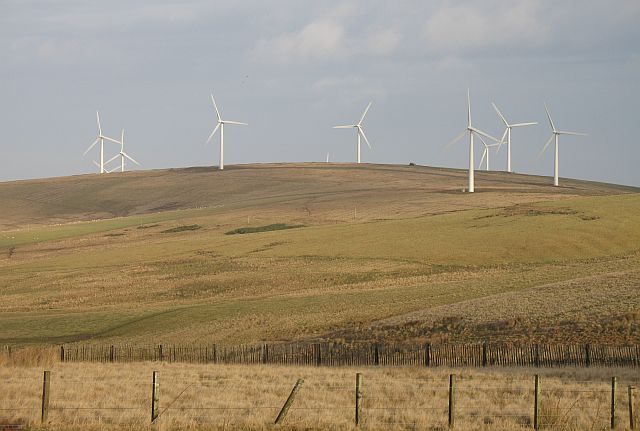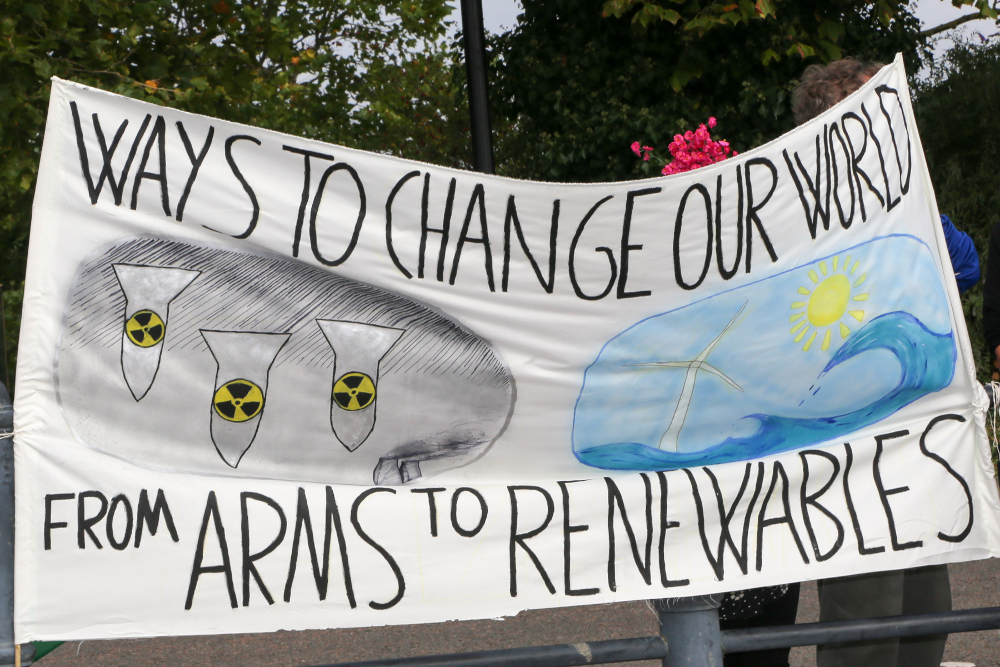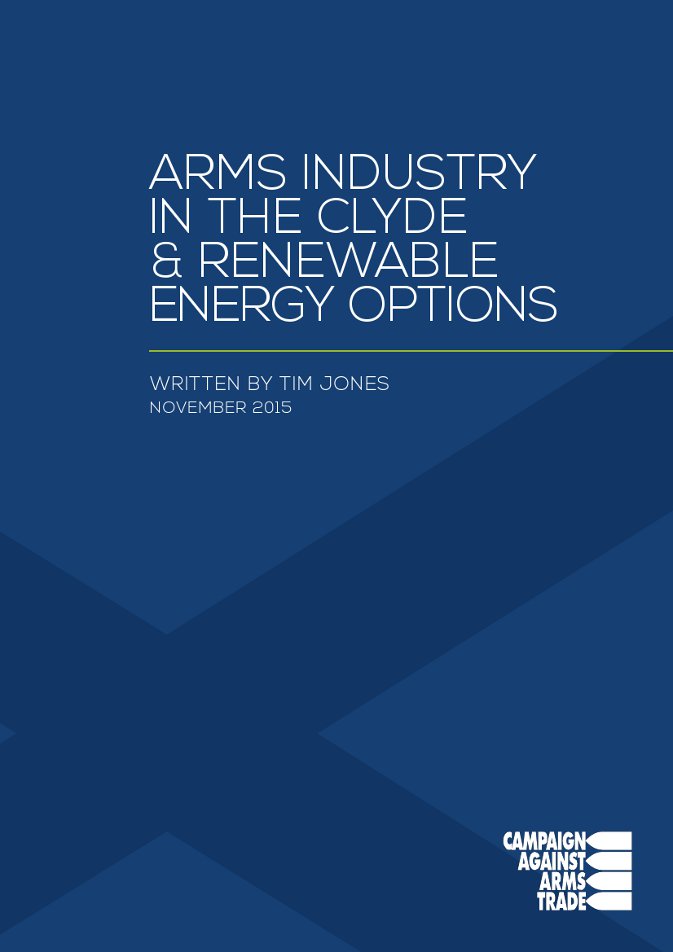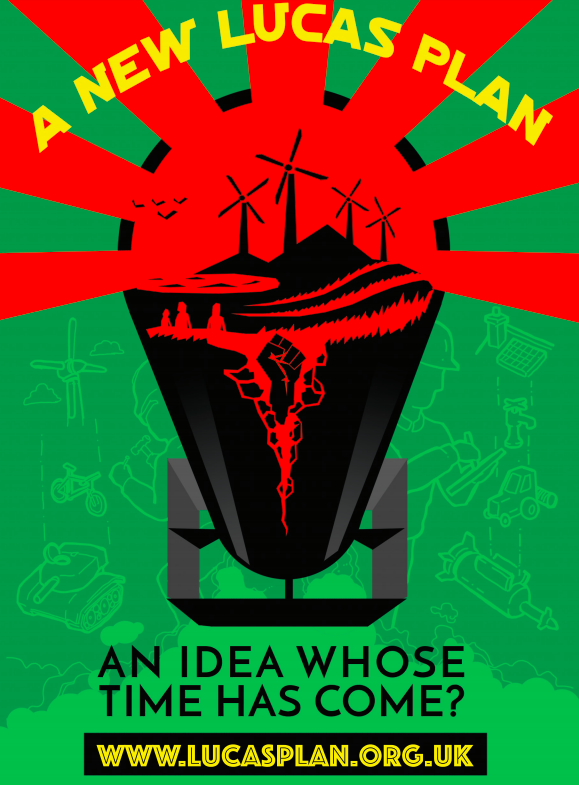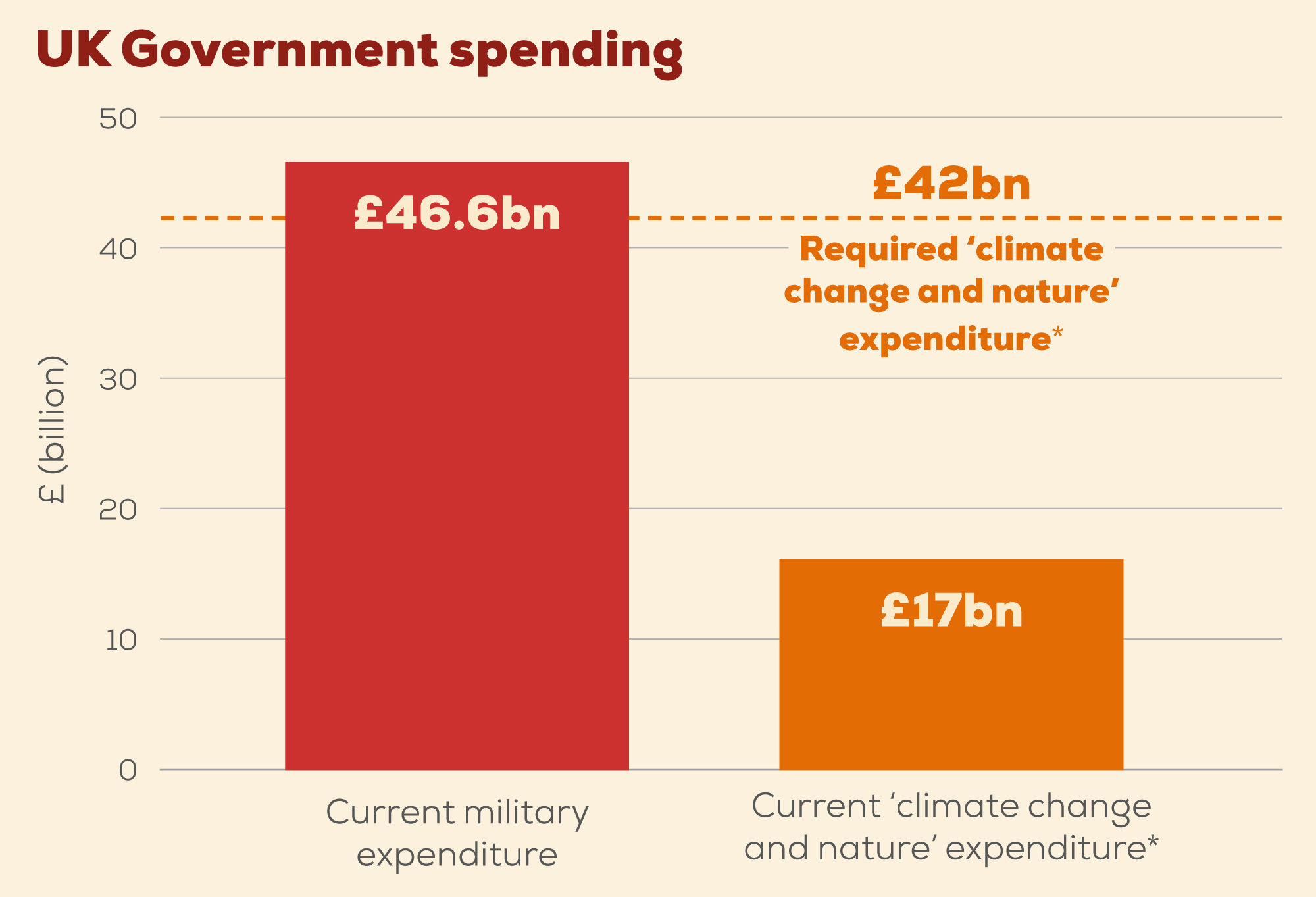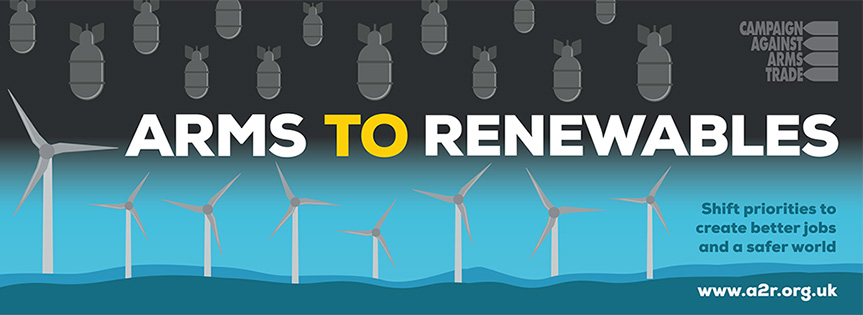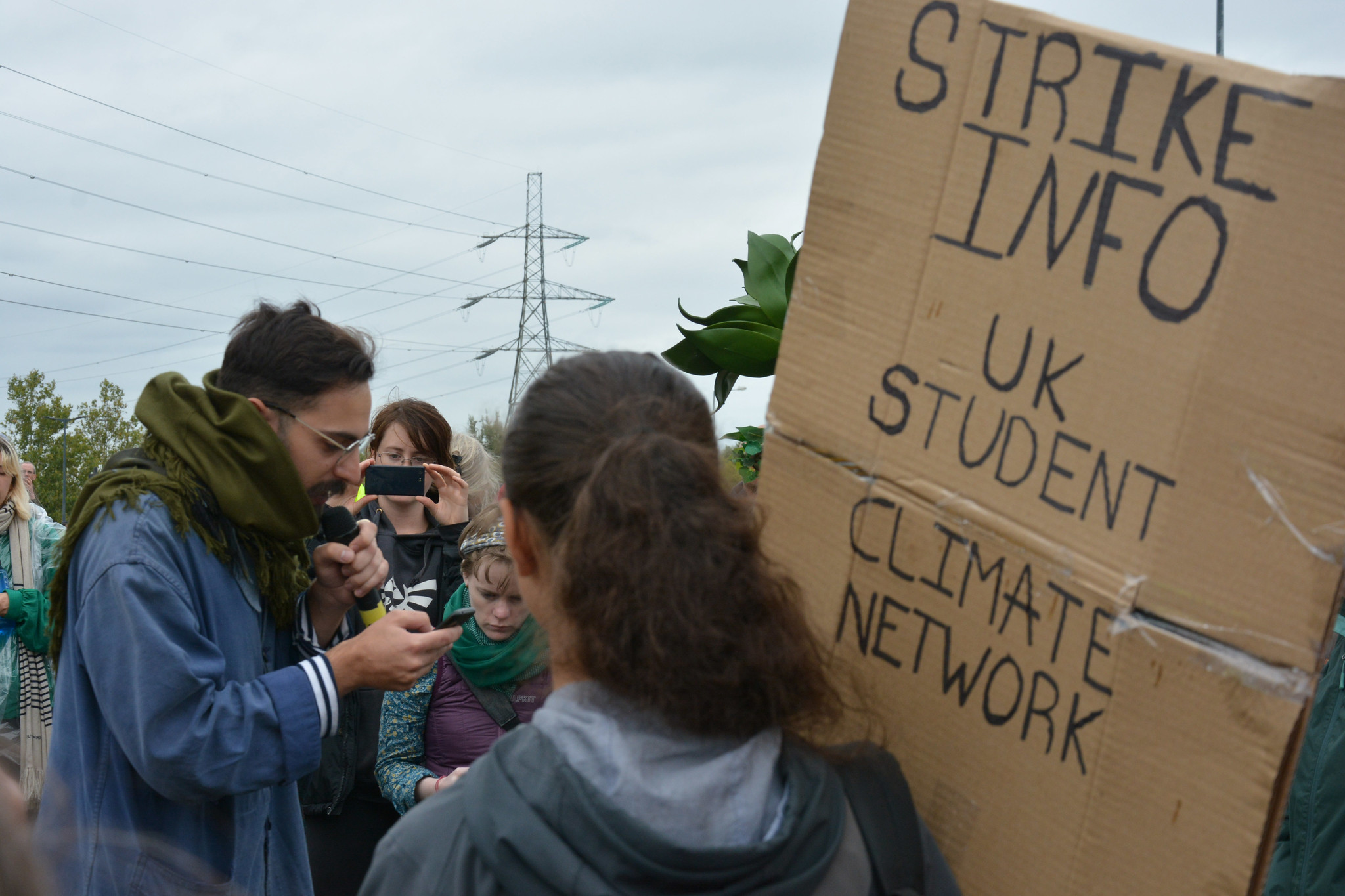Deadly jobs
The UK is pouring resources into an industry which has a devastating impact on human and international security. It’s supporting arms companies to export misery and destruction around the world while, at home, the UK government is spending billions on military technology without ever explaining why it makes people more secure.
The UK government justifies its support for the arms trade by arguing that it needs to protect high skilled manufacturing jobs. But despite all these resources, the number of jobs in the arms industry is on a long-term decline, and today the industry is, in its own words, flatlining at best
.
We have another vision – one which guarantees highly skilled manufacturing jobs that will be there in the future – and which creates the kind of future we want to see.
Climate crisis
Real security involves tackling the causes of problems, not creating more, and climate change is one of the biggest that we face. It threatens all of our lives: millions of people already face food and water shortages. Extreme weather events, flooding and droughts will displace populations and create conflict over resources.
If we really want a safer world, we must cut carbon emissions fast. The UK is in a powerful position to play its part.
Offshore wind power has amazing potential in the UK which has the largest wind resources in Europe. It already has as much capacity installed as the rest of the world combined. The UK also has substantial wave and tidal resources.
Better jobs in the future
CAAT’s research shows that a move towards offshore wind and marine energy could produce more jobs than the entire arms industry.
These jobs would provide alternative employment for arms trade workers. Like arms, the renewable energy sector is highly skilled. It has a similar breakdown across broad categories of skill levels and employ many of the same branches of engineering. There would also be appropriate work available in most areas where arms workers are located, with tens of thousands of supply chain jobs that could be located anywhere in the country.
These would be better jobs for the workers and for all of us: jobs in an industry which is growing not declining, which create a safer, rather than a more dangerous world.
If the UK invests now it would be in a leading position in technologies that will be in high demand, will have major export potential, and will also help other countries cut their carbon emissions. However, action is needed now.
- It needs investment and concerted UK government effort at the level currently devoted to the arms industry.
- It desperately needs highly-skilled engineers – like those currently working in the arms industry.
- It needs all of us: to make the government shift priorities and create more and better jobs and a safer world for all.

